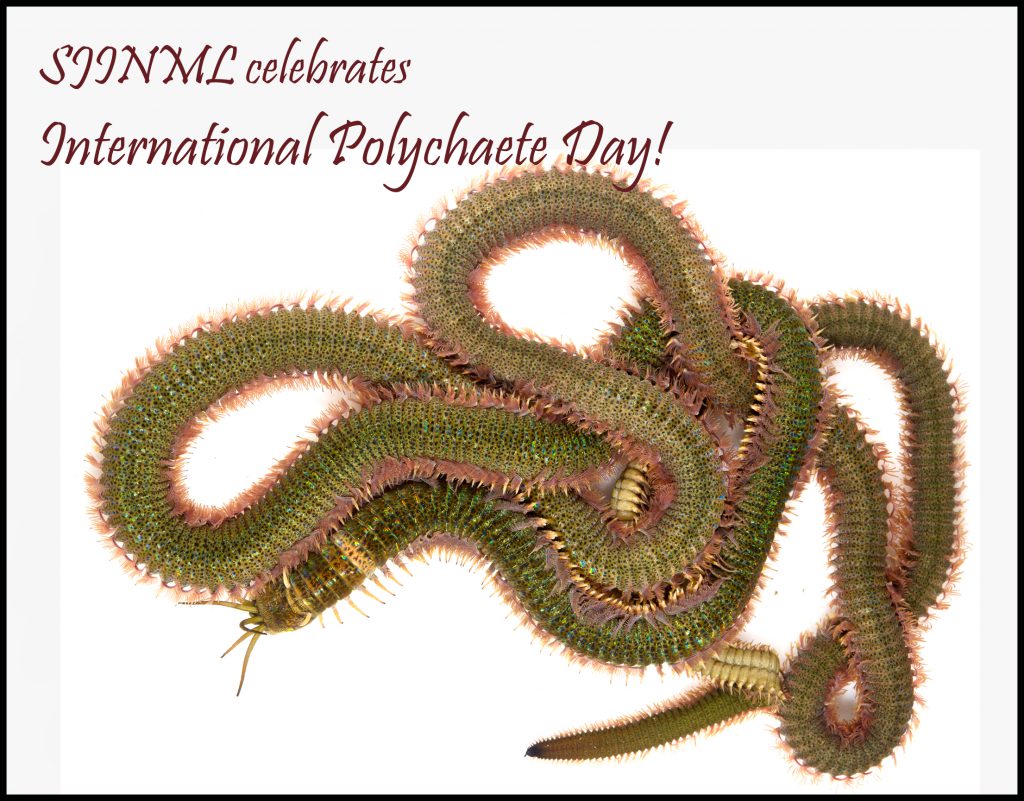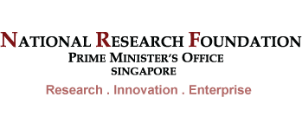International Polychaete Day Feature Series IV
From local biodiversity to ecologically important tubeworms and their larval culture, we focused on various aspects of polychaete biology research conducted by scientists at the St John’s Island Marine Laboratory (SJINML). As we wrap up the International Polychaete Day special series, we share one more exciting research ― polychaetes found from deep sea biodiversity expeditions undertaken by scientists at the SJINML.
International Polychaete Day Feature Series IV Read More »



